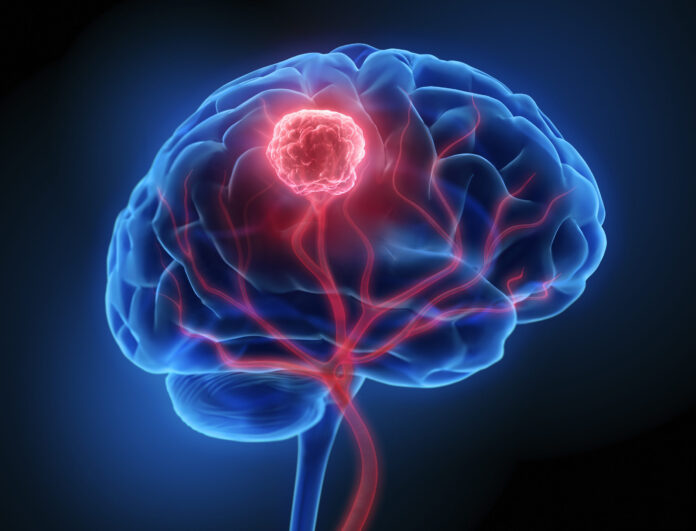
Innovative research from the University of Ottawa suggests that edaravone, a drug currently used to treat amyotrophic lateral sclerosis (ALS), could be repurposed to fight glioblastoma, an aggressive and often incurable brain tumor. Published in Stem Cell Reports, the study demonstrates that edaravone targets brain tumor stem cells (BTSCs), the highly resistant cells responsible for tumor growth and recurrence, offering a new approach in the battle against these lethal grade 4 brain tumors.
Led by Arezu Jahani-Asl, PhD, Canada Research Chair in Neurobiology of Disease at the University of Ottawa, the team found that edaravone inhibits the self-renewal and proliferation of BTSCs, which are at the core of glioblastoma’s resistance to current therapies. These findings are particularly promising because glioblastoma remains one of the most difficult cancers to treat, with a median survival rate of just 18 months despite surgery and chemotherapy.
“We show that edaravone specifically targets cancer stem cells and is particularly effective in combination with ionizing radiation,” said Jahani-Asl. “The study suggests that edaravone in combination with ionizing radiation can be effective in eradicating cancer stem cells, and thus is expected to decrease the chance of resistance to therapy and recurrence in glioblastoma patients.”
The study builds on gene expression analysis that revealed edaravone disrupts key pathways involved in the self-renewal of BTSCs, including the Notch signaling pathway, which plays a crucial role in cancer stem cell survival. By targeting these pathways, edaravone not only impairs tumor growth but also enhances the effectiveness of ionizing radiation, a standard treatment for glioblastoma.
Ionizing radiation kills cancer cells by damaging their DNA, but many tumors become resistant over time. The research team’s findings suggest that edaravone could make glioblastoma tumors more sensitive to radiation, improving patient outcomes. Animal models treated with both edaravone and ionizing radiation showed delayed tumor growth and extended survival.
“Repurposing edaravone is very promising because it is already approved for human use,” Jahani-Asl explained. “This could help fast-track the drug’s translation into clinical trials for glioblastoma.”
The team is now focused on optimizing the dosage of edaravone in combination with radiation and chemotherapy to determine the safest and most effective therapeutic window. If successful, edaravone could be a potent addition to the current treatment options for glioblastoma, which urgently needs more effective therapies.
“Our goal is now to try to optimize dosage for a safe therapeutic window,” Jahani-Asl added. “Once we establish a dose that is safe for use in combination therapy, we will be well equipped with the knowledge to move this forward to clinic.”





